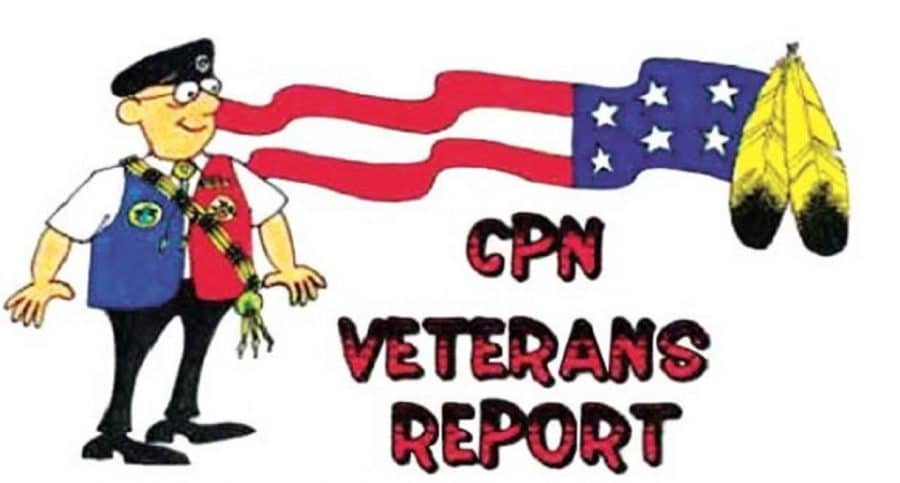Bozho
(Hello),
I wish I had received this information back in December before we had our snow and ice storm. However, winter is not over, and we have a chance of more before spring is here. Cold can cause extra strain on your heart, and there is also hypothermia, frostbite and falls due to ice. There are things you can do during this weather to protect yourself.

Heart Strain
TRICARE — a healthcare program for current and past U.S. military service members — reported on its website, “Cold weather can adversely affect the heart, especially if you have cardiovascular disease. Simply walking through heavy, wet snow can strain some people’s heart. The best way to avoid heart strain while doing outdoor activities is to work at a slower pace, and take frequent rest breaks.”
According to the American Heart Association, signs of overexertion and heart strain can include:
- Chest pain or discomfort
- Lightheadedness or dizziness
- Cold sweat
Avoid heart strain and overexertion this winter by:
- Taking frequent rest breaks when working in the cold.
- Avoiding alcohol consumption before or immediately after exposure to the cold.
- Learning the warning signs of a heart attack and obtaining CPR training certification.
Hypothermia
When the body’s internal temperature decreases due to low temperatures, hypothermia can occur. TRICARE encourages preventing hypothermia by dressing in “warm, loose-fitting layers of clothing. Also make sure you wear a water-resistant coat to keep dry.”
Signs of hypothermia are:
- Severe shivering
- Extreme fatigue
- Confusion or disorientation
- Loss of coordination
“If you notice these warning signs, you should seek medical attention as soon as possible. If medical attention is not available, follow these tips to help restore warmth slowly:
- Move to a warm room or shelter.
- Remove wet clothing.
- Warm the center of the body first (chest, neck, head) using an electric blanket or dry layers of blankets and clothing.
- Drink warm beverages like tea, hot chocolate or warm water.”
Frostbite
According to TRICARE, “Frostbite occurs when a body part freezes, damaging the tissue. Fingers, toes, nose, cheeks, chin and ears are the areas most prone to frostbite. So, it’s important to cover these body parts with warm, dry clothing.”
The signs of frostbite include:
- Redness or pain in any skin area
- Numbness
- Tingling or stinging
- Aching
- Bluish or waxy looking skin
Tips to treat frostbite are:
- Seek warm shelter.
- Warm the affected area using body heat.
- Immerse the affected are into warm water.
Falls
Many cold-weather injuries result from falls on ice-covered sidewalks, steps, driveways and porches.
Ways you can prevent winter falls are:
- Use rock salt or other de-icing compounds to keep your steps and walkways free of ice.
- Watch where you walk before taking a step.
- Provide extra time for daily travel and avoid hurrying.
Remember, the CPN Veterans Organization meets every month on the fourth Tuesday at 6 p.m. (or as soon as you can get there) in the North Reunion Hall on the Potawatomi Powwow Grounds. All CPN and spouse veterans and their families are welcome. A meal is provided.
Migwetch
(Thank you),
Daryl Talbot, Commander
talbotok@sbcglobal.net
405-275-1054
CPN VA Representative:
Andrew Whitham
CPN Office Hours:
First and third Wednesday each month 8:30 a.m. to 3:00 p.m.
Phone: 918-397-2566
